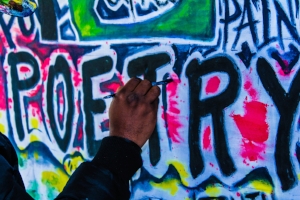There's an old story (not sure if it is 100% true, just reciting what I learned from a book) about Soviet and British diplomats meeting in 1941, when World War Two was looking very bleak for both countries. Tensions were running high as the Germans were approaching Moscow and the Soviets were convinced the British weren't sending them enough help.
The British presented their figures on their war production and why there could be no greater help for the Soviets from them that year.
The Soviet response was, "Your figures are lies."
The meeting broke down in acrimony.
When the conference reconvened after the threat of a British walkout, the Soviets presented figures on their own war production.
The British response was, "I wonder if you could check those figures as they don't tally with the ones we have previously seen."
The conference proceeded and the Soviets admitted there had been an “error” in the calculation of some of their figures.
After the conference, the chief Soviet negotiator met with the British representative and congratulated him on the successful conclusion of negotiations. He asked him why he hadn't called the Soviet statistics lies.
“I did,” said the British negotiator.
___________________________
In writing as well as in life, the difference between honesty and brutal honesty can be the difference between winning a reluctant soul over to your side or repelling someone from your cause forever. Understand the difference, and you can call someone a liar without them even knowing it.







